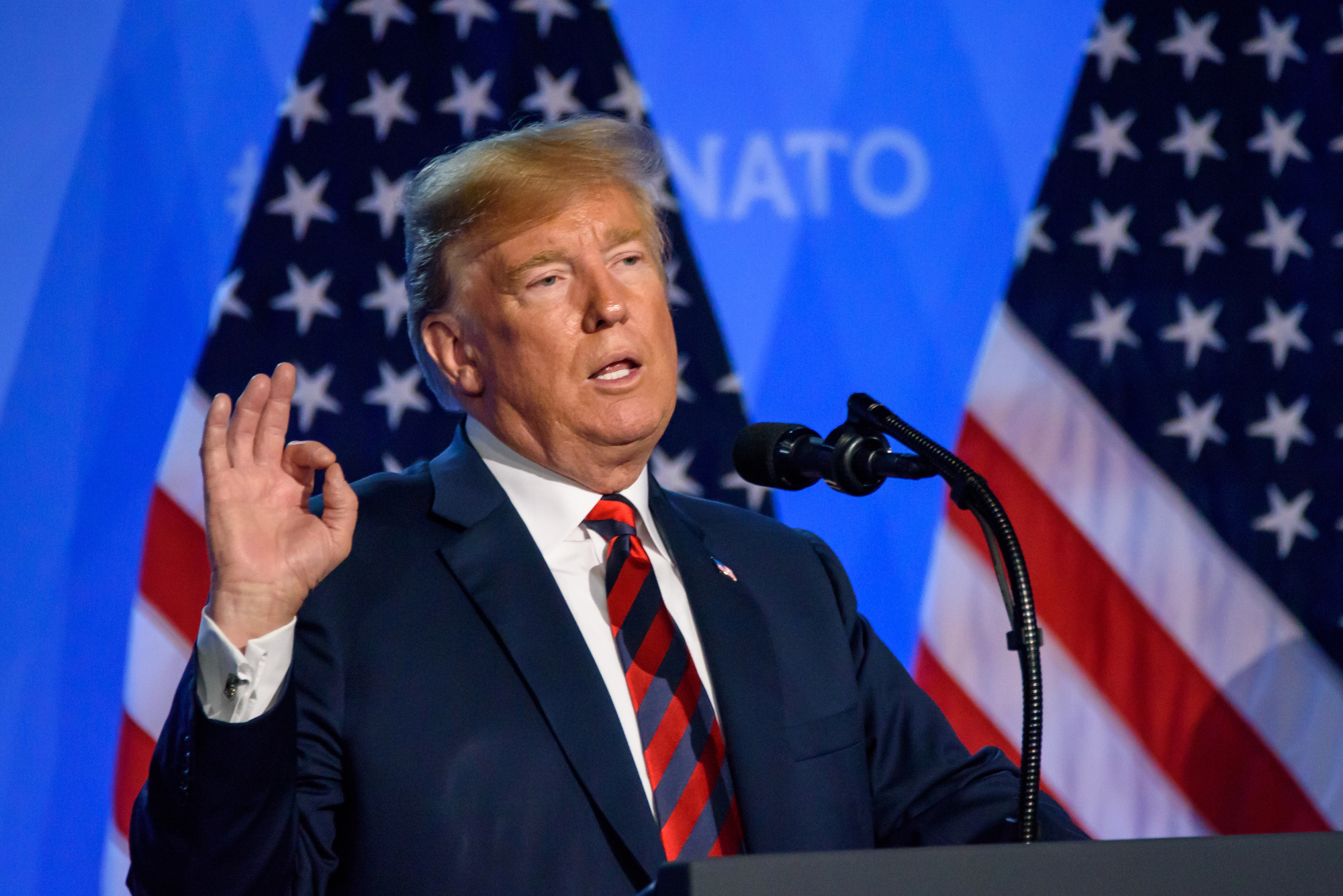by Rim Longmeng
President Donald Trump has stunned the world with a negotiation style that is more fitting for the boardroom than diplomatic negotiations.
It looks like this hard-nosed, business-first approach might appear effective. However, a closer approach reveals shortcomings, particularly the lack of flexibility and disregard for long-term relationships.
Washington would do well to reflect on the risks of applying corporate negotiation tactics to geopolitics and how that might erode America’s global standing.
The Art—and Limits—of the Deal
All negotiations, whether in boardrooms or on the world stage, typically follow one of two models: distributive and collaborative.
The former is focused on extracting maximum value from the other side—a zero-sum contest where one side wins at the other’s expense. The latter, by contrast, seeks shared solutions and enduring partnerships—a win-win scenario aimed at mutual benefit.
While both strategies exist in the corporate world, diplomacy traditionally leans toward the collaborative model, especially in times of peace. It’s built on trust, stability, and the understanding that today’s adversary could be tomorrow’s ally.
Donald Trump, however, has disrupted this framework entirely. His go-to strategy is one of aggressive dominance, aimed at imposing his position rather than building consensus. He clearly favors the distributive model, seeking short-term victories and placing the United States’ economic interests above the stability of the international system.
In the short term, this tactic can provide visible results. However, over time, it threatens to erode the U.S.’s global credibility and provoke stronger resistance from other nations. The cohesion of the democratic world itself may be put at risk.
Business Tactics Aren’t Always Fit for Diplomacy
Trump’s negotiation style has become clear to the world: he begins with extremely high demands to jolt his opponents into accepting less favorable terms. This tactic manipulates the psychological dynamics of negotiation—start high, aim for a compromise still in your favor. It’s a familiar approach in deal-making, but ill-suited to statecraft.
Interestingly enough, as a lifelong businessman, Trump also prefers bilateral over multilateral talks. One-on-one meetings give him more room to pressure the other party—a method harder to replicate in multilateral forums where balance and consensus prevail.
The ongoing trade war initiated under his administration follows this pattern precisely. Yet the effectiveness of this approach is debatable. The tariffs triggered retaliatory measures and a historic stock market drop.
American firms, including those run by close allies like Elon Musk, saw billions in losses. Trump called this part of the “plan” and asked Americans to “trust his instincts.” But many experts argue that he’s navigating blindly, damaging the economy and the country’s international reputation.
Winning at All Costs: At What Cost?
At the heart of Trump’s approach is a belief in winning at all costs. That may be viable in high-stakes business deals, where a single victory can define success. But in diplomacy, relationships matter more than transactions. Diplomacy thrives on dialogue, compromise, and mutual respect. Aggressive posturing and a desire to dominate can alienate allies and push nations to look for alternative, less confrontational partners.
Moreover, Trump often uses media platforms and social media as tools of pressure, publicly targeting foreign leaders and undermining traditional backchannel diplomacy. However, serious negotiations are typically conducted behind closed doors and are not broadcast for public spectacle. The performative nature of Trump’s diplomacy makes meaningful progress increasingly elusive.
Long-Term Risks to America’s Global Position
This approach to foreign policy, if sustained, poses long-term risks. Diplomacy cannot function under constant threat and pressure; it requires mutual respect and the willingness to find common ground. By prioritizing short-term economic interests, Trump is dismantling these foundations.
If the U.S. continues down this path, it risks losing its leadership role in global affairs. Other countries may deepen ties with each other to offset the unpredictability of American policy. That would diminish U.S. influence on vital global issues such as climate change, security, trade, and economic governance.
The strained relationship with the EU illustrates this threat. By trying to dictate terms, the U.S. risks alienating one of its largest trading partners, weakening its own geopolitical position, and opening the door for more assertive rivals like China to exploit the rift.
The Price of Abandoning Diplomatic Tradition
What is really dangerous for Trump is that the world is catching on. During his first term, Trump’s tactics were novel and disruptive. Now, many foreign leaders are prepared. We have already seen the EU and China respond with their own retaliatory measures, using Trump’s aggressive methods against him.
When Trump’s closest allies—such as the Treasury Secretary and the Speaker of the House—shrug off questions about the logic of new tariffs and suggest simply trusting the president’s “instincts”, it signals not strength, but systemic vulnerability. There is no place for negotiations anymore — it’s a gamble.
If the U.S. hopes to maintain its leadership role, it must return to traditional diplomacy: compromise, mutual respect, and a commitment to long-term goals. Otherwise, Washington may find itself branded as an unpredictable bully—one few will be willing to engage in any meaningful or civilized dialogue.

